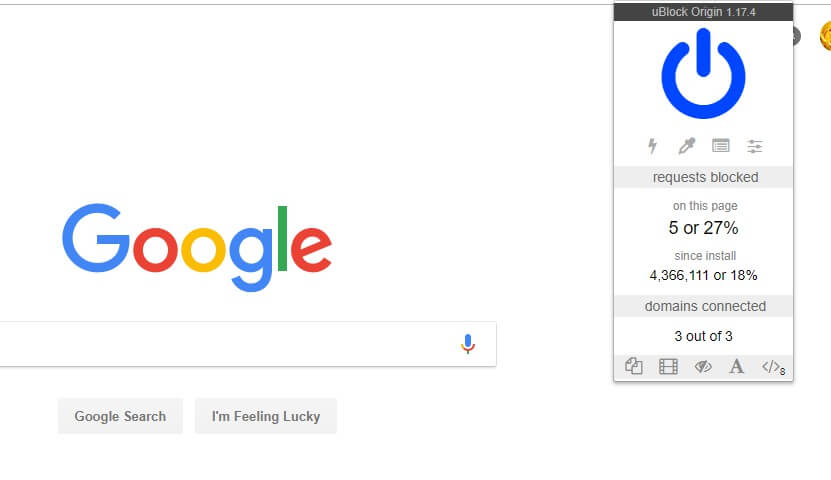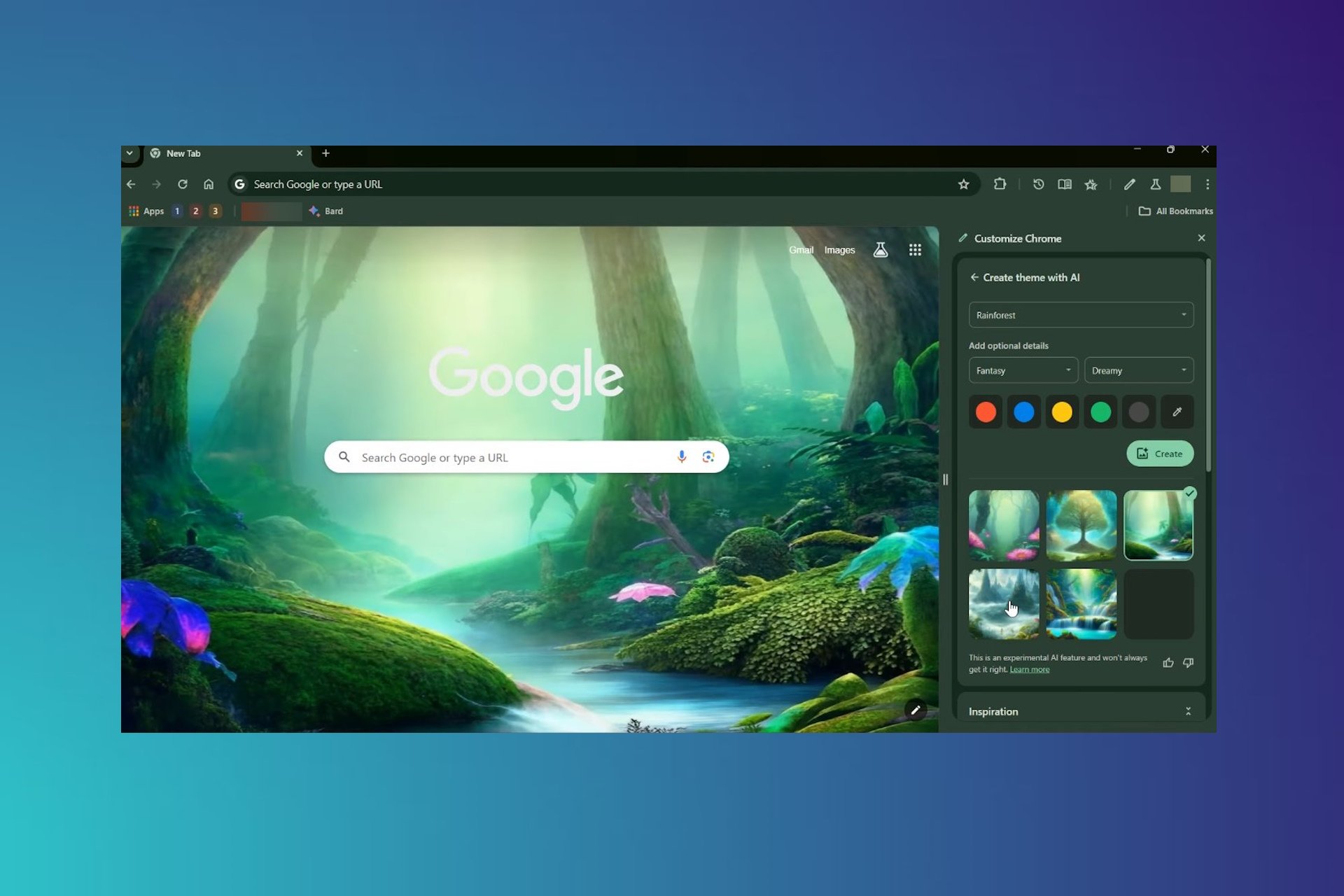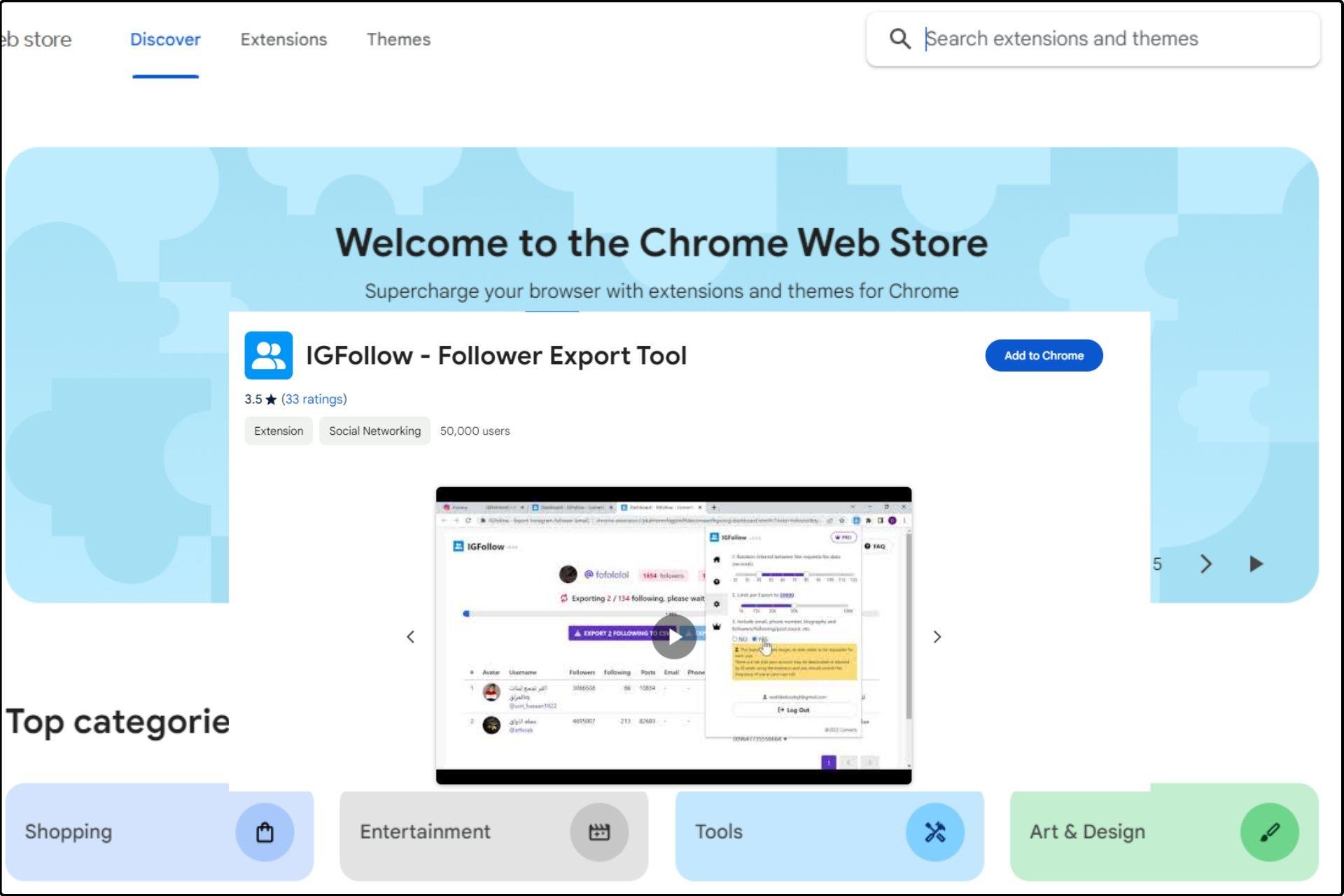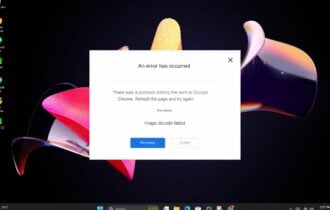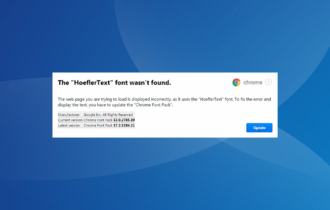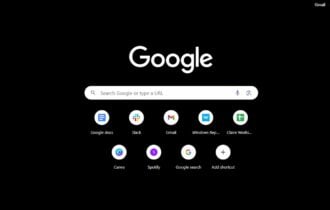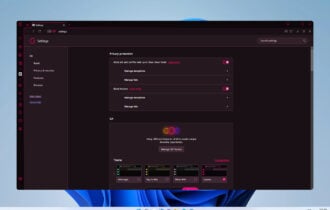Chrome might render ad blockers useless pretty soon
2 min. read
Updated on
Read our disclosure page to find out how can you help Windows Report sustain the editorial team Read more
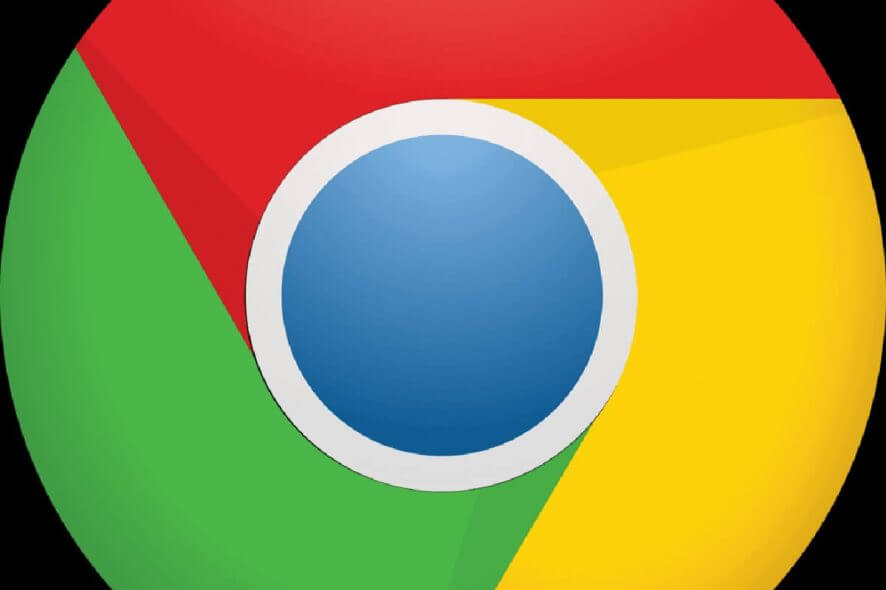
Google has revealed a Manifest V3 document that highlights the company’s plan to replace Chromium’s webRequest API. The changes outlined within Manifest V3 could have a profound impact on some Chrome extensions that utilize the webRequest API to filter traffic from ad sources. Some developers have even warned that the API changes could render ad-blocking extensions for Chrome obsolete.
A Google engineer provided a hyperlink for a draft Manifest V3 document in a post on The Chromium Projects website. That document outlines how Google intends to greatly restrict the webRequest API blocking. The company plans to introduce a new declarative NetRequest API that has more limited rules for ad filtering.
As Chromium is an open-source browser that underpins Chrome, such changes would almost certainly be implemented within Chrome. Google explains that these changes will speed up page loads for its browsers. The new declarativeNetRequest API will speed up page loading as it will enable Chrome to modify network requests. However, ad blockers also speed up browsing by removing ad content from pages.
Some extension developers expressed concerns about the proposed changes on the Chromium website. A uBlock Origin developer, Mr. Hill, stated that the proposed API changes would render some ad-blocking extensions obsolete. Mr. Hill stated in a forum thread:
If this (quite limited) declarativeNetRequest API ends up being the only way content blockers can accomplish their duty, this essentially means that two content blockers I have maintained for years, uBlock Origin (“uBO”) and uMatrix, can no longer exist. Beside causing uBO and uMatrix to no longer be able to exist, it’s really concerning that the proposed declarativeNetRequest API will make it impossible to come up with new and novel filtering engine designs, as the declarativeNetRequest API is no more than the implementation of one specific filtering engine, and a rather limited one (the 30,000 limit is not sufficient to enforce the famous EasyList alone).
As such, Manifest V3 has convinced some developers that Google is trying to kill off ad-blocking extensions with the API changes. Google probably won’t be bothered about the impact such API changes could have on ad-blocking extensions considering the significance of ads to the company. Restricting ad blockers might also boost the web’s economy.
RELEATED STORIES TO CHECK OUT:
- Opera now lets you block ads faster and select multiple tabs
- Adblock and Adblock Plus extensions available now for Microsoft Edge

